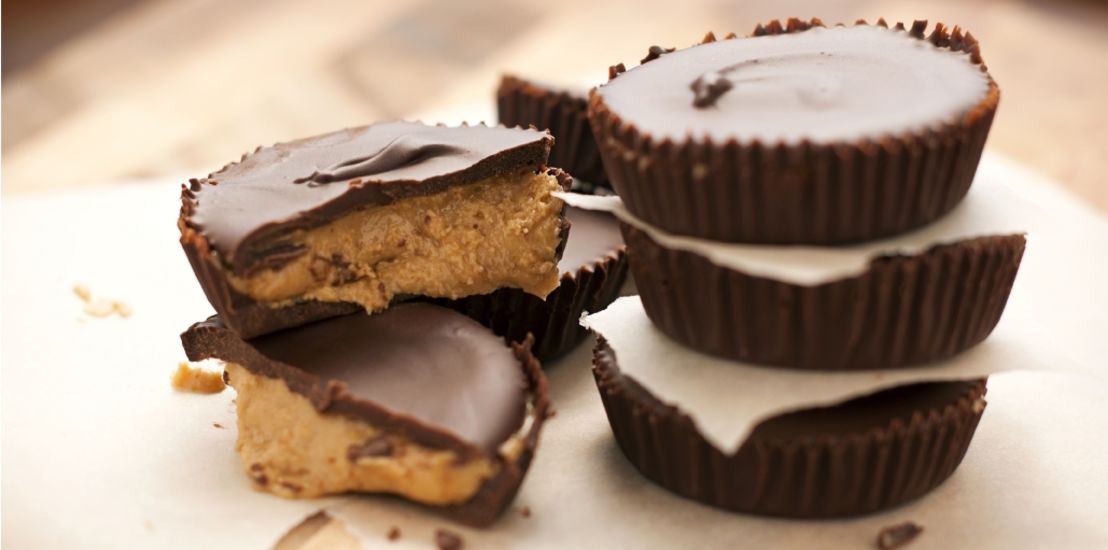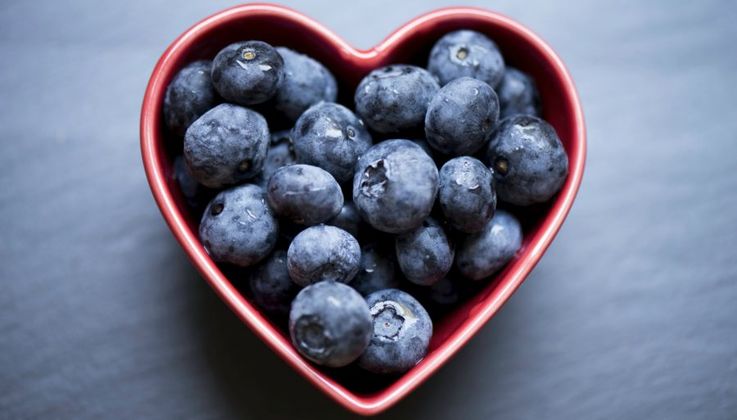
A tasty bond
How Evonik catalysts help make chocolate icing stick so well to donuts, cupcakes, and more.
Sachertortes, cupcakes, and donuts would not taste half as good without the chocolate glaze. To make sure the icing adheres well to the cake, professional bakers rely on ingredients that contain special cooking oils and fats. And Evonik catalysts are giving this tasty bond a boost.
While oils and fats may originally come from plants, they are not left in their natural state, and for good reason: freshly extracted vegetable oils, for instance, contain impurities that must be removed. The biggest problem, however, is that some of the carbon atoms in their fatty-acid chains are linked together with double bonds. Oxygen in the air attacks these bonds, causing the oils to spoil rapidly and giving them a rancid odor.
A chemical reaction comes to the rescue precisely to prevent that from happening: oils and fats are hydrogenated, which is to say they are treated with hydrogen in a process frequently referred to as hardening, because converting double bonds to single bonds thickens or even solidifies the oils.
But breaking those double bonds is not an easy task, which is why catalysts (from the Greek word “katálysis” meaning “dissolution”) come into play. Catalysts accelerate the speed of a chemical reaction but are not consumed themselves and do not alter the reaction. The catalysts needed for hardening oils and fats come from Evonik—thanks to the successful acquisition and integration of Monarch Catalyst, which has been conducting its business under the name Evonik Catalysts India Pvt. Ltd. since 2015.
Evonik sells these catalysts throughout the world from its site located roughly 50 kilometers to the east of Mumbai, India. Global research and development of these oils and fats hydrogenation catalysts is located here as well.



